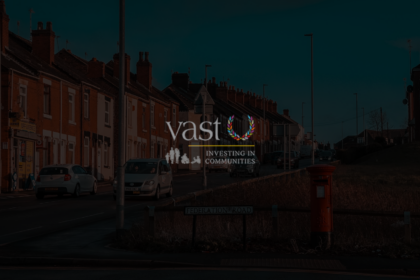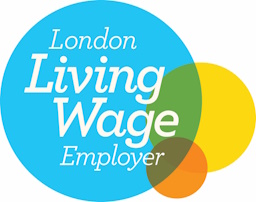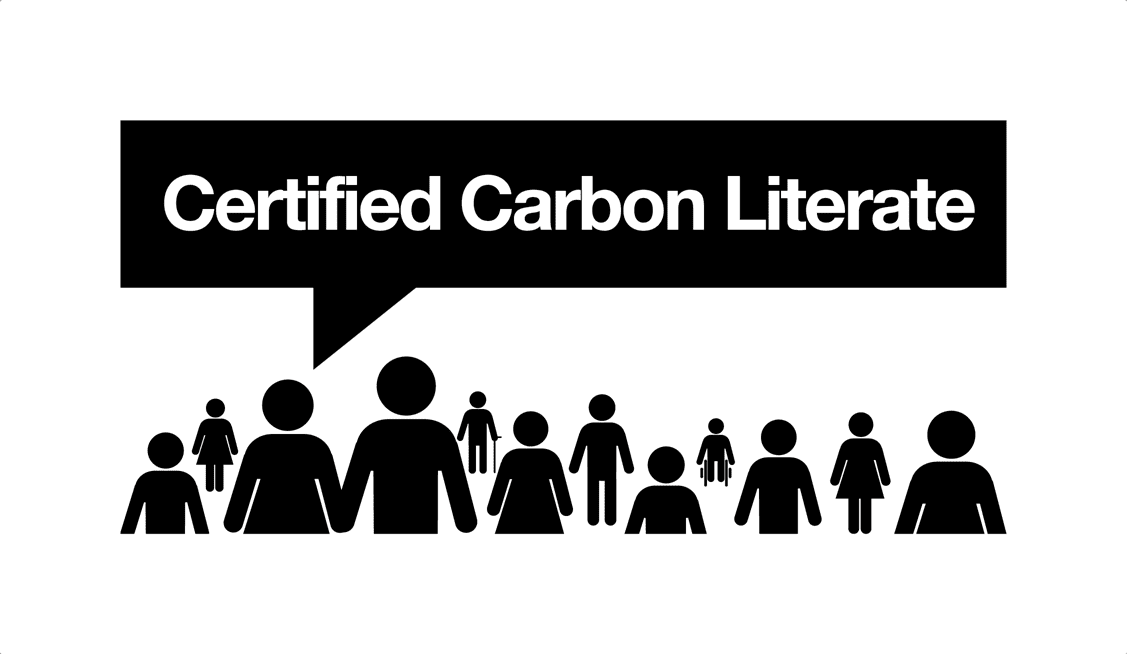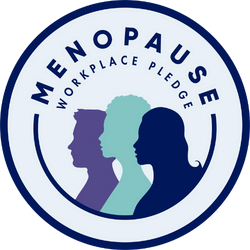
Eradicating extreme poverty for all people everywhere by 2030 is a pivotal goal of the 2030 Agenda for Sustainable Development. As part of our focus on SDG 1, Zero Poverty, we’ve teamed up with VAST who have written a guest blog looking at soaring costs, falling funding and the Impact of the cost-of-living crisis on the voluntary sector.
“As the cost of everything continues to rise, the people in our communities need ever greater support to help them to make ends meet. A new report from Staffordshire University, in partnership with York University and Citizens Advice Staffordshire North and Stoke-on-Trent, highlights the widespread poverty and deprivation issues that families and individuals are facing across the city.
Previously branded as the ‘Capital of Debt,’ people in Stoke-on-Trent have been experiencing financial pressures for years, struggling to maintain a basic standard of living, let alone repaying debt. But the COVID-19 crisis has caused more serious ongoing problems for residents in the local area: rising unemployment and huge numbers of people claiming Universal Credit and other benefits. Now, the cost-of-living crisis is making life even more difficult for even more people. Benefits are too low, wages are too low, inflation is high and rising, and something as simple as keeping warm is costing much more than people can afford.
This ‘Families on the Brink in Stoke-on-Trent: How austerity and the cost-of-living is driving poverty and destitution’ report explains how austerity is “driving the long-term cuts to health, benefits and public services” which is increasing the already critical level of health deprivation and lowering the life expectancy of those living in poverty.
“Millions of households are at financial breaking point: running down savings, going without bare essentials and turning to food banks to get by.” – Dame Clare Moriarty, Citizens Advice Chief Executive.
More and more people are struggling, making tough decisions, and are turning to local community organisations for their help to get them through tough times, but the cost-of-living crisis is affecting charities and voluntary sector organisations too.
In times of crisis, charities, voluntary organisations, and community groups are always there to provide vital support to vulnerable people whether that’s food, household essentials, PPE, volunteers, time, money… the list is endless. During these crises, the voluntary, community and social enterprise sector goes above and beyond to support their communities and make sure that people have what they need. But no matter how big or small their teams, no matter how much support they give to their beneficiaries, and no matter how big an impact they make in those communities, demand is all too often outweighing the resources they have available.
The voluntary, community and social enterprise sector made great things happen during the COVID-19 pandemic. They are flexible and can react to rapid increases in demand far more quickly and effectively than the Public Sector. As a sector, we are more prepared for times of extreme pressure and better equipped to meet the challenges that come with it, but the cost-of living crisis is having a massive impact on people from all walks of life and means that there are more people needing help than ever before.
Although the huge swell in the number of people needing support was not unexpected, not-for-profits are also trying to navigate this crisis too with declining funding and soaring costs. Four-fold increases in heating bills are not unheard of within the sector, and rising inflation means they need to try and find extra money to cover their overheads. In a recent cost-of-living survey[1] VAST found that the biggest concern for charitable organisation in Stoke-on-Trent was utilities and the rise in energy costs with 85% expecting their expenditure to rise.
Most small charities are employing staff on minimum wage. They will have no option but to find money to pay their staff more when this increases, and the staff deserve it. A recent survey by Pro-bono Economics found that charity staff paid 7% less per hour on average than workers in other sectors. This will mean that charities and other VCSE organisations will struggle to retain their staff. Inflation is very rarely built into charity grants and contracts, so funding remains static, and the recipients of that funding must make do and desperately try to make up the difference from other sources. Indeed, given the levels of austerity and savings that must be made by both local and national government many are facing cuts to their funding, not increases.
When our communities struggle, demand for VCSE services rises quickly and many aren’t able to find the additional capacity to cope. As austerity hits, national government is cutting funding to local authorities. These cuts have seen many statutory services cut and less direct support delivered to fewer communities which puts added pressure on the voluntary, community and social enterprise sector and alternative funding sources cannot automatically increase to meet this sudden extra demand.
Stoke-on-Trent is one of the most deprived areas in the country where more than one-third of children are living in low-income households[2], over 22% of people experience fuel poverty[3] and are facing the horrendous choice of whether to ‘heat or eat,’ and foodbanks are seeing a 500% rise in referrals[4] for emergency food supplies. Stoke-on-Trent Foodbank has reported record-breaking months in both December 2022 and January 2023 with 2,470 people fed in December and 2,671 in January 2023(usually demand peaks in December). Stoke-on-Trent City Council, like many other local authorities has had to look at saving huge amounts of money in this financial year, and this is likely to only increase over the coming years too. Although there is often a lag to the voluntary sector as contracts are already in place, these cutbacks will be felt by VCSE groups all over the city.
The cost-of-living survey we carried out also found that 65% of voluntary sector groups have seen a surge in demand for their services, and half of organisations don’t have enough resources to meet that demand. To help support these struggling voluntary groups and to enable them to provide crucial support to their communities, in partnership with Stoke-on-Trent City Council we have provided a wealth of cost-of-living advice, information, and help for organisations, as well as residents, under the #StokeonTrentTogether banner.
Originally created to provide support during COVID-19, #StokeonTrentTogether is a one-stop-shop for support across the city and includes VAST’s Community Health Champions and Totally Stoked projects as well as support for Ukrainian refugees and the Stoke-on-Trent Community Directory. The cost-of-living support includes the city’s Stronger Together Through Winter campaign’s Welcoming Spaces network. Welcoming spaces are community spaces (such as a community centres, libraries or places of faith) where people can meet up in a warm place to socialise, and access support relating to the cost-of-living crisis. There are almost 80 community spaces registered as a welcoming space in many areas of Stoke-on-Trent including in Fenton, Burslem, Bentilee, and Hanley and the number is growing all the time.
VAST is here to help organisations through this struggle and can provide support to help them to navigate the cost-of-living crisis that is affecting the VCSE sector as much as it’s affecting communities. For any voluntary groups need support, they can visit sottogether.vast.org.uk or email support@vast.org.uk. Our local charities need as much support as they can get, many are looking for additional volunteers and all would appreciate donations. If you would like to support the wider offer in Stoke-on-Trent you can contribute to the newly established Stronger Together Through Winter Appeal being run by The Community Foundation for Staffordshire that will be used to support local organisations help our communities. Any businesses wishing to donate a larger amount to this appeal can contact the Community Foundation directly.
[1] VAST Cost-of-Living Survey 2022 | vast.org.uk
[2] End Child Poverty | endchildpoverty.org.uk
[3] End Fuel Poverty | endfuelpoverty.org.uk
[4] The Guardian | theguardian.com













You must be logged in to post a comment.